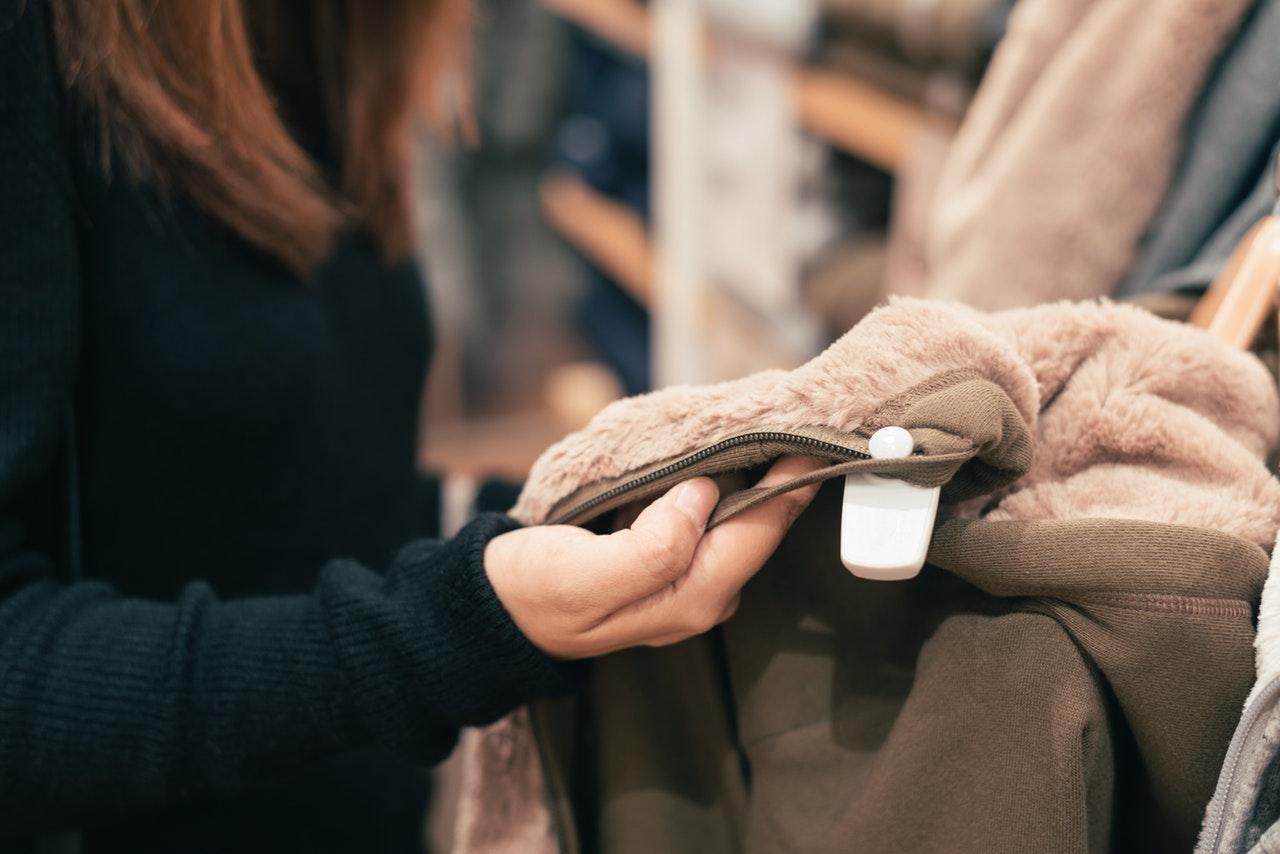Popularized by retail pioneers Harry Gordon Selfridge, John Wanamaker and Marshall Field, the slogan “the customer is always right” replaced caveat emptor in the consumer mindset a century or more ago.
By 2020, we’ve reached “the customer is always right—to the nth.” A new IBM study on global consumer trends reveals that now, more ever before, the importance of brand purpose surpasses cost and convenience for today’s shoppers. The research, developed in partnership with the National Retail Federation (NRF), polled nearly 19,000 consumers from 28 countries, across all demographics and generations, from Gen Z to Baby Boomers (ages 18-73), to understand how individual purchasing decisions are evolving and help today’s consumer-facing companies navigate trade and commerce complexities.
One-third of all consumers today will stop buying their preferred products if they lose trust in the brand, and one-third of consumers have already stopped purchasing their longtime, favorite brands in 2019. As such, consumers are prioritizing those that are sustainable, transparent and aligned with their core values when making these decisions. They’re willing to pay more, and even change their buying habits, for brands that get it right.
At the same time, buying behaviors have changed drastically. Consumers shop whenever and wherever the mood strikes them—usually while doing something else. Whereas impulse buying was once the norm, impulse shopping is the current norm, 7 in 10 consumers now shop in “micro-moments”—or shop simultaneously while conducting their daily tasks.
With a proliferation of brands and products at shoppers’ disposal anywhere at any time, corporate values now outweigh product costs and convenience. Consumers of all ages and incomes pay much higher premiums for products aligned with their personal beliefs. On average, 70% of purpose-driven shoppers pay an added premium of 35% more per upfront cost for sustainable purchases, such as recycled or eco-friendly goods, while 57% of them are even willing to change their purchasing habits to help reduce negative environmental impact. The vast majority—79% of all consumers today—state it is important for brands to provide guaranteed authenticity, like certifications, when they’re purchasing goods. Within this group, 71% are willing to pay an added premium —37% more—for companies offering full transparency and traceability.
“Transparency constitutes proof that an organization and its offerings are what the company claims to be—a way to earn consumers’ trust. Brands can leverage data and integrate blockchain technologies as brand differentiators that effectively provide transparency and traceability—which will also boost profits as the study shows that shoppers willingly pay more if a retailer can demonstrate provenance,” said Luq Niazi, Global Managing Director, IBM Consumer Industries.
The modern-day marketplace has created a new generation of customers that come with higher demands and bigger challenges that retailers must face in 2020, and the findings reveal major shifts in consumer buying behaviors that require a fundamental change in how retailers and consumer packaged goods brands build brand affinity.
With cost no longer the deciding force for consumers, IBM recommends the following for retailers to regain competitive market share in new ways:
- Earn consumers’ confidence through transparency and traceability: With “micro-moments” on the rise, companies must go beyond simply offering convenient or quicker services to gain customers’ trust – consumer brands now need to differentiate themselves by offering convenient, quicker access to detailed information previously unnecessary, such as how the products are manufactured, quality of ingredients, if it is sustainable or ethically sourced, and under what conditions.
- Measure sustainability through economic impact: Reducing environmental impact now goes beyond recyclable packaging or reducing carbon footprints. Purpose-driven brands must also help build a sustainable, circular economy for future generations. In order to preserve resources and eliminate waste in today’s commerce-driven landscape, sustainability must be integrated and measured end-to-end and across the entire supply chain for CPG manufacturers.
- Deliver value through more flexibility, not more products: As digital interactions continue to influence the way consumers shop, retailers need to innovate in store, to give a consistent brand experience across all channels. The challenge however for many retailers is the ability to rapidly deploy and integrate new capabilities with their existing store technology environment to allow them to continuously deliver on consumer expectations.
To help retailers manage these issues and accelerate store innovation IBM launched “Store in the Cloud” at NRF, January 12-14, 2020. A suite of pre-integrated capabilities designed for retail and built on open hybrid multi-cloud technologies from IBM and Red Hat, Store in the Cloud is a customizable, cost-effective platform that leverages AI, IOT and blockchain capabilities and will allow retailers to quickly extend digital experiences into physical stores. It will also provide consistent personalized interactions, improve customer fulfillment, empower store associates with intuitive apps, enable consumers to shop however they choose and better manage store costs.
Source: IBM

